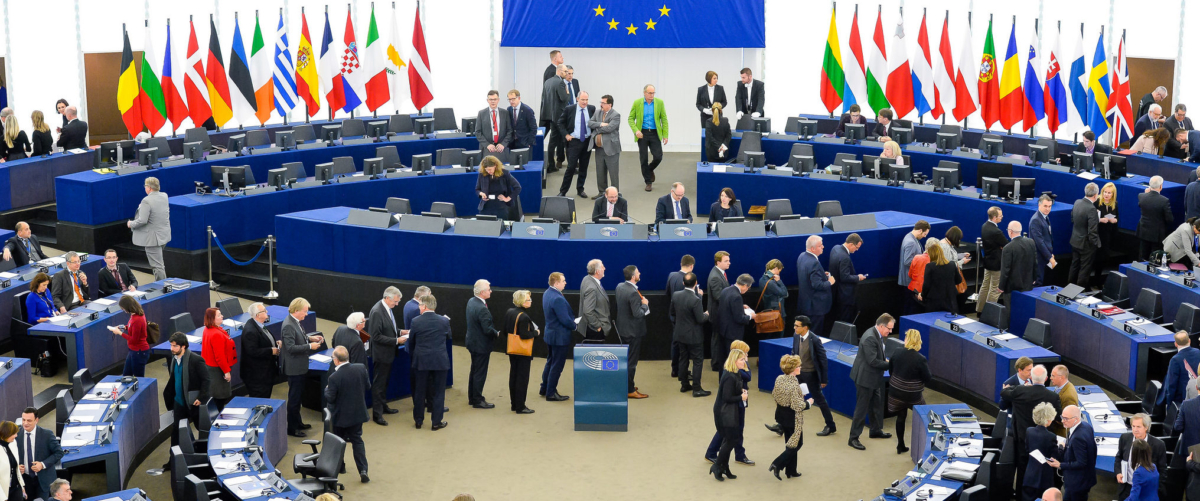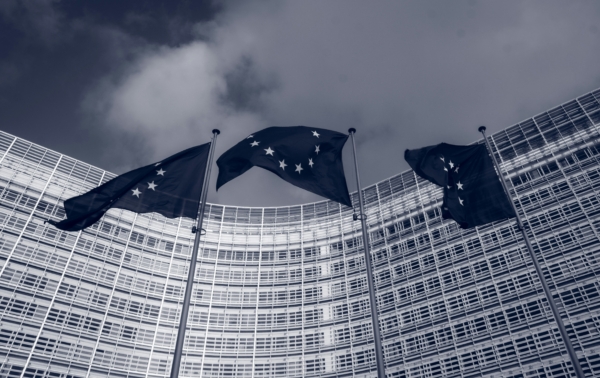Transparency International EU welcomes today’s adoption of the report on “the Transparency, Accountability and Integrity in the EU institutions” by a strong majority in the Constitutional Affairs Committee of the European Parliament. Having been stalled by several groups since September 2016, the “Giegold report” calls for greater transparency and integrity of EU institutions. It will provide a framework for MEPs in the upcoming negotiations between the Parliament, the Council and Commission on the overhaul of the EU joint transparency register.
Among the suggested measures we particularly welcome the call for the Council to be included on the transparency register. Having been singled-out as the most reluctant institution of the EU in this regard, it is high-time for Member States representatives to implement existing practice of only meeting with registered lobbyists, as is the case for Commissioners and Director-Generals. The report further extends the publication of lobby meetings to all political Commission staff. Under current rules, all meetings with lower ranking officials, suspected to concentrate the majority of lobbying efforts within the Commission, remain in the shadows. That’s why it is disappointing that MEPs chose not to call for the same transparency rules for the Council nor, incidentally, for themselves. Disclosure of all lobby meetings enhances accountability of the decision-making process in Brussels, which is crucial to addressing increasingly hostile perceptions of the EU.
Transparency International EU’s long-standing demand for a complete overhaul of the Transparency register was also heeded by MEPs when they called for additional resources for the Transparency Register Secretariat, to expand the information provided by lobbyists and significantly enhance its accuracy. Our research has shown that over half of entries contain either factual errors or are outdated, constraining the ability of the public and civil society to effectively monitor the influence of money and private interests on the political process.
Finally, the Parliament will push for longer cooling-off periods for Commissioners, extending the current 18 months to a three-year ban on lobbying after leaving office. The hand-picked members of the Commission’s ad hoc ethical committee, tasked with assessing potential breaches of the Commission’s Code of Conduct, would be replaced by independent appointees. This would bring the Commission closer to international best practices, as detailed in our report on the revolving door phenomenon. However, while MEPs’ drive to strengthen the Commission’s integrity can be praised, double standards remain around these issues.
All provisions pertaining to increasing the transparency of the Parliament itself, such as the publication of lobby meetings and a legislative foot-print or the introduction of cooling-off periods, were previously taken out of the report. No mention is made of the much needed reform of the Parliament’s own understaffed and underfunded advisory committee on the conduct of Members. Where MEPs are concerned, the revolving door remains wide open. By refusing to apply equal standards to its own house, the Parliament runs the risk of undermining its position in the upcoming negotiations, potentially fragmenting the ethical rules applicable to all EU institutions.







